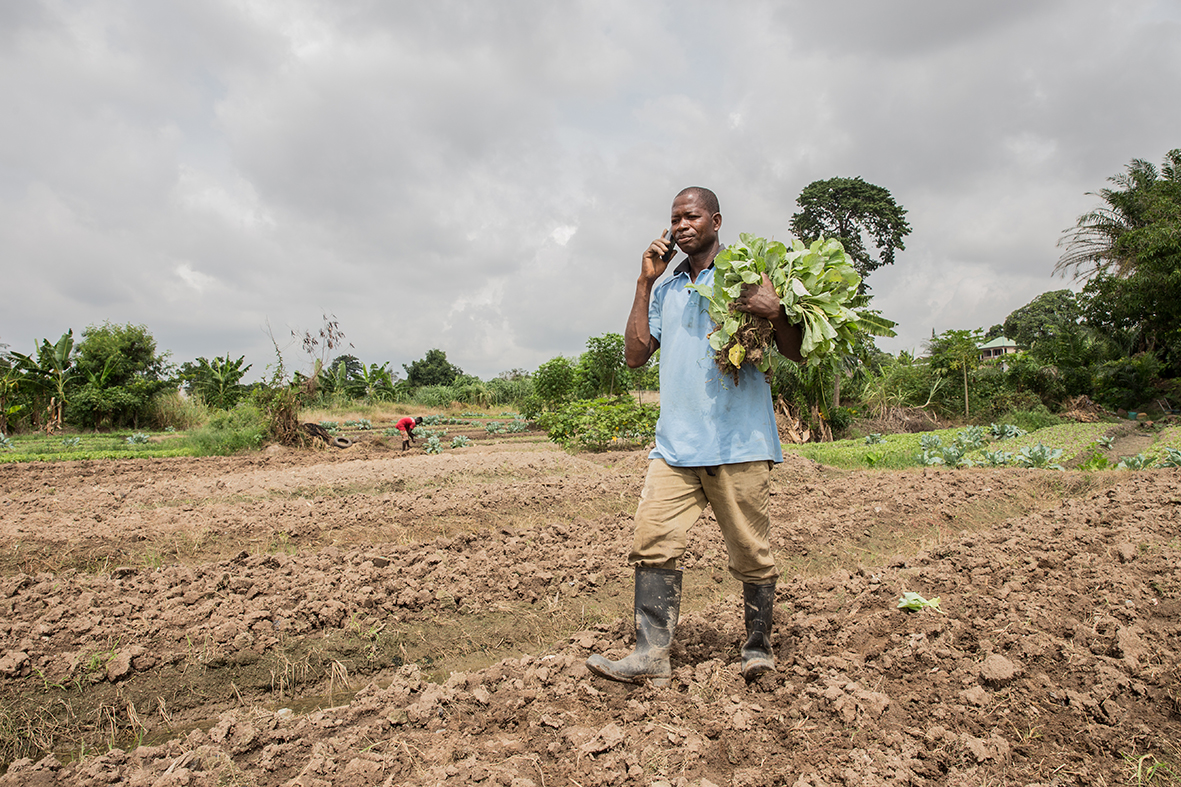Conducting surveys in a pandemic
As the coronavirus spreads, data collection may prove essential for emergency response in low-income countries. But how can we collect data when countries lock down?

«Without up-to-date numbers, the distribution of resources, funds, and aid workers will become a (likely politicized) guessing game », writes Bart Kudrzycki, PhD student at the Chair of Development Economics at ETH Zurich. As curfews and bans on group gatherings take effect, the face-to-face surveys that have long been the main source of empirical information on individuals and households in Sub-Saharan Africa and other developing regions will likely to be decommissioned until at least late summer.
But data collection need not necessarily grind to a halt.
Mobile phone surveys have been gaining traction as a reliable and low-cost alternative to personal interviews, particularly when respondents are nomadic, potentially contagious, or living in conflict areas that may be dangerous for enumerators.
external page Read Bart Kudrzycki's blog post about the importance of empirical research for dealing with the corona pandemic and new ways of collecting data in times of social distancing.